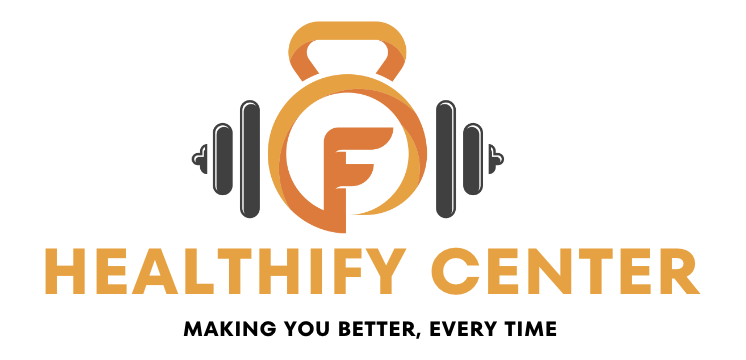Breaking Down the Myths Surrounding Health Center Care
Health centers, also known as community health centers or federally qualified health centers, are a crucial part of the healthcare system in the United States. These centers provide affordable, comprehensive healthcare services to millions of individuals and families, regardless of their ability to pay. Despite the essential role they play in providing accessible and high-quality care, there are several myths and misconceptions surrounding health center care. Let’s break down some of these myths and shed light on the true value of health centers.
Myth #1: Health centers only provide basic and limited medical services.
In reality, health centers offer a wide range of medical services, including preventive care, chronic disease management, mental health services, dental care, and pharmacy services. They also provide screenings, immunizations, and referrals to specialty care when needed. Many health centers have a team of healthcare professionals, such as doctors, nurses, pharmacists, and social workers, who work together to provide comprehensive care to their patients.
Myth #2: Health centers are only for low-income individuals and families.
While it is true that health centers serve a large number of low-income and uninsured patients, they are open to everyone, regardless of their ability to pay. In fact, health centers provide care to all patients, regardless of their insurance status or income level, and offer a sliding fee scale based on income for those without insurance. This makes them a vital resource for individuals and families who may not have access to affordable healthcare elsewhere.
Myth #3: Health center care is of lower quality compared to other healthcare providers.
The reality is that health centers are held to high standards of care and quality. They are required to meet stringent federal, state, and local regulations to ensure that they provide safe, effective, and patient-centered care. Many health centers are also accredited by national organizations, such as the Joint Commission, which further demonstrates their commitment to delivering high-quality care. Additionally, health centers are often recognized for their focus on preventive care and their ability to effectively manage chronic conditions, leading to improved health outcomes for their patients.
Myth #4: Health centers are not equipped to handle complex medical conditions.
Contrary to this myth, health centers are well-equipped to address a wide range of medical needs. They have the capacity to provide diagnostic testing, coordinate care with specialty providers, and manage complex medical conditions. Many health centers also offer integrated care models that bring together medical, behavioral health, and social services to meet the holistic needs of their patients. This comprehensive approach to care ensures that patients receive the support they need to achieve and maintain good health.
In conclusion, health centers play a vital role in providing accessible, high-quality healthcare to individuals and families across the United States. By debunking these myths and misconceptions, we can recognize the true value of health center care and ensure that all individuals have access to the healthcare services they need to lead healthy and fulfilling lives. If you or someone you know is in need of affordable healthcare, consider reaching out to a health center in your community to learn more about the services they offer.


















Leave a Reply